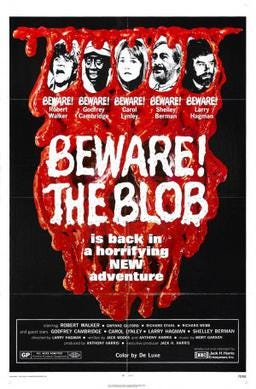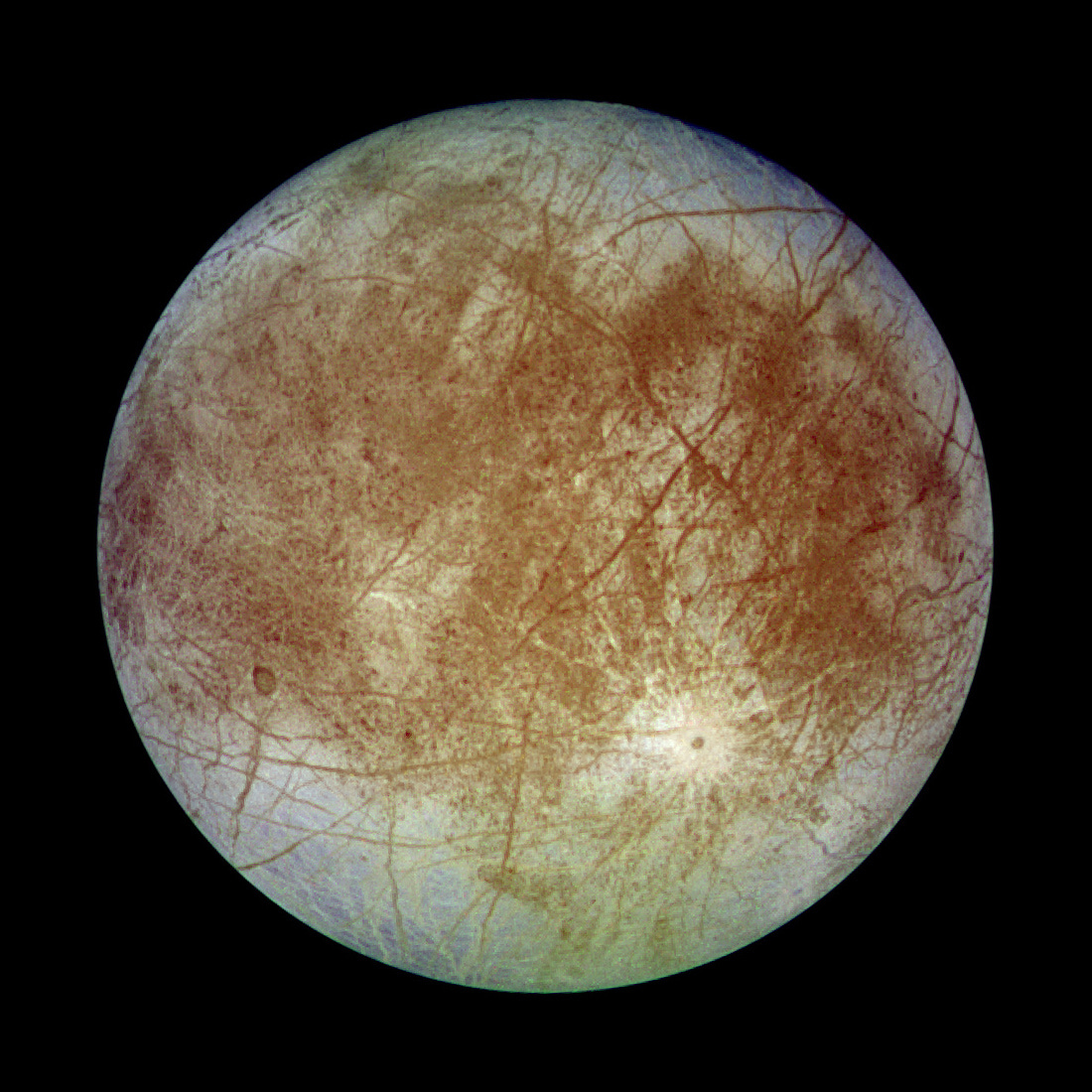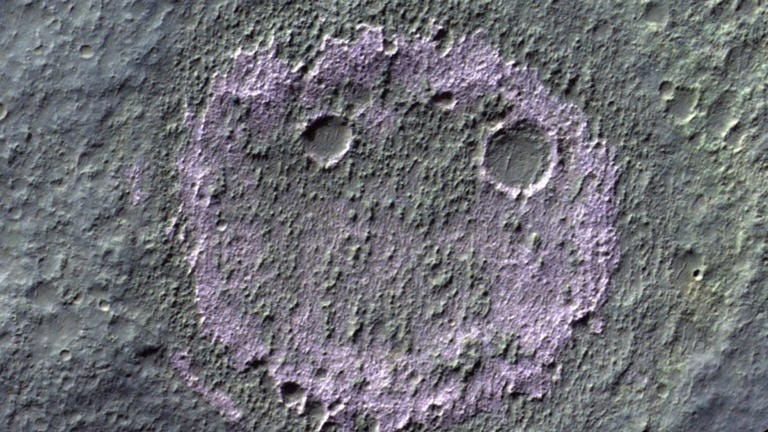Hello Friends,
Over fifty years ago, I received the most amazing Christmas toy—a Pong gaming console. It was the first video game my family ever owned, and it was the most remarkable piece of technology ever invented.
Pong, if some of you don't know, is one of the earliest two-dimensional video games. The screen was black, and it displayed two white lines, simulated ping-pong paddles activated with controllers, and a square ball. And, much like you'd imagine, the goal was to hit the ball back and forth until someone missed, surrendering a point, very much like its namesake, ping-pong.
My particular console actually had a mode where you could play against the computer. And, also, you could play "hockey," where each player had two paddles, one on offense and one on defense. That was my favorite mode. It was fast and dynamic.
A Blob in a Jam
Recently, I read an article where a blob of jelly learned how to play Pong. Here is a video. The interesting thing about this is not that some people created a blob of jelly and attached electrodes to it, but that over time, the blob got better at the game.
The blob learned.
The news actually blew me away. This is an inanimate bowl of goo. It does have some technology added to it, but still… A blob of jelly. Playing video games!
The article quotes one of the scientists behind the work:
"Our research shows that even very simple materials can exhibit complex, adaptive behaviors typically associated with living systems or sophisticated AI," explains biomedical engineer Yoshikatsu Hayashi of the University of Reading in the UK.
Very simple materials can exhibit complex behaviors?!?
I get it, but a blob of jelly playing video games! This seems like too simple of a thing doing something extremely complex, even though Pong is an easy game. I usually always beat the computer (flex).
In the past I wrote about a brain organoid doing something similar. But, that was a brain, and this is a bowl of goo.
Perhaps I'm over-reacting. If so, please send me a comment. Let me know.
All these worlds are yours except Europa
In other news, NASA is sending a probe to Europa, one of Jupiter's moons, to search for evidence that might suggest that life is present there. The mission is called Europa Clipper, and it's set to arrive at the unsuspecting satellite in 2030.
NASA isn't directly looking for life, but for some evidence that there could be something resembling life. Maybe a bowl that might possibly be used to hold a blob of Pong-playing jelly?
In the Arthur C. Clarke novel, 2010: Odyssey Two, aliens turned Jupiter into a mini sun and made all of its moons into worlds for Earthlings to colonize (or something like that).
But the aliens were clear: Don't go near Europa. What did Arthur C. Clarke know about that strange celestial object?
Alas, humans aren't very good at doing what they’re told. So, we’re going! (We’re ready… Shoresy anyone?)
Europa is slightly smaller than our moon. We think it has a liquid ocean beneath about 5-10 miles of ice. The reason scientists think there might be life living under all that ice is that we believe life on Earth began under water.
Our oceans have hot vents that rise from the Earth's core. They are so deep that no light can make it down there, yet all kinds of animals live there. So, if there is an ocean on Europa and there are hot vents… by the transitive property… Life.
It beats sifting through piles of Martian dust. Or, falling again, for the old face on Mars trick.
This is not the first time we've gone to Europa, and so far, the wily rock hasn't given up any of its secrets. But, you know, once we get a bone, we don't give up.
If the mission finds evidence of the right ingredients for life, we're going back to look directly for life. And if we find it. Perhaps Europa-eans can play video games with our jelly-blob.
A Tiny, Little Teaser
For the bunch of you who are not just readers, but are writers who are aspiring to publish a book, I'm putting out a new book: Karmic Robot's Guide to Self-Publishing. It should be available by the end of the month. I'll write more about it when it's available.
Happy reading and happy writing.









I'm looking forward to your book, David. Re. the blob with a brain: There seemed to be more wiring than blob/jelly. And the blob's wiring more than its chemical makeup led to its ability to improve its game. Or so I comforted myself watching the quirky, short video. I probably missed the point entirely and could use a bit of that jelly.